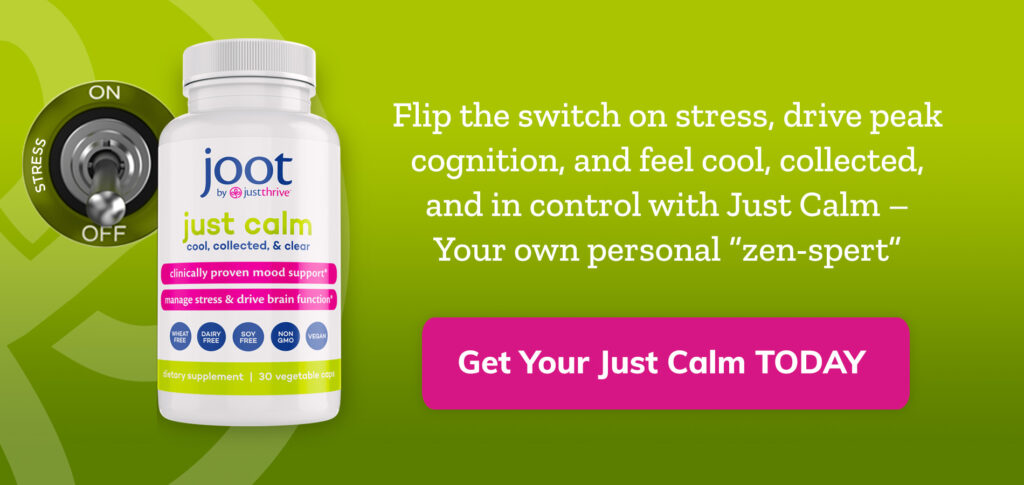How often have you heard that spending too much time on Facebook is bad for your mental health? Whether it’s having your jealousies triggered or your FOMO (fear of missing out) intensified, your world view distorted or your addictions encouraged, heavy Facebook use has frequently been linked to a decline in our life satisfaction and wellbeing.
But this doesn’t mean you need to quit. At least not forever. When used well, sites like Facebook can offer a world of social benefits, keeping us socially active and connected. They provide spaces where shy, sick or withdrawn individuals can get to know each other whilst remaining safe in their comfort zones. They offer glimpses into the lives of people we know, which can create opportunities for acquaintances to become friends, and for friends to stay in touch.
Yet if you find yourself feeling exhausted, depressed or cynical after surfing your Facebook feed, despite enjoying these benefits, it may be time to change your approach. Let’s look at a few adjustments that could help bring your social media sessions back into happy territory.
Set limits to make your Facebook time more precious
Though Facebook is regarded as an easy way to waste time, it can still be useful to make browsing a legitimate part of your daily routine. After all, it’s interesting to see what your friends are up to, and healthy to take a break from work every now and then.
Impose limits on the time and energy you’re willing to spend on the site. Be it ten minutes, ten swipes or ten likes, aim to make your Facebook time more precious, giving you greater incentive to shift your habits toward more meaningful interactions while limiting the risk of encountering negativity.
Consider sandwiching your social media sessions between other activities, especially if those activities make you feel happy and healthy. The act of shutting down Facebook to engage in a purposeful activity might help reinforce the idea that your life is just as interesting as anyone else’s.
Unfollow people who don’t make you happy
Even if you’re not talking directly to a ‘frenemy’ or ex-partner, seeing their updates and photos in your feed may still set off unpleasant memories and emotions, making it difficult to heal or get on with your day. Thinking of unfollowing as a way to shape your time on Facebook according to your emotional needs, much like how you’d manage a toxic relationship offline.
Unfollowing comes in handy when outright unfriending may cause offence and stir up drama. By letting you hide a person’s posts from your news feed while still remaining friends, it offers an alternative way to deal with the trickier or more complicated friendships.
For the friends you’d still like to hear from on a less regular basis, take advantage of Facebook’s “See less” option, reducing the amount of content you see from specific friends, making it easier to prioritise the relationships with people closer to you.
Use the site actively (instead of passively)
Imagine going to a party where you couldn’t talk to anyone, and nobody talked to you. You spend the hours lurking, watching others laugh and enjoy each other’s company without you. Sounds pretty lonely, doesn’t it?
Yet for many, time spent on Facebook goes much the same way, offering similar results. A 2013 study from Germany found that we’re most at risk of undermining our own happiness when we engage in ‘passive following’ on Facebook. That is, browsing our feed, looking through profiles or simply reading what our friends post without participating in the conversation ourselves. This concurs with the findings from a 2010 study from Carnegie Mellon University, where researchers observed greater feelings of social bonding and connectedness in Facebook users who actively communicated with others on the site.
The next time you notice something interesting in your feed, add your reaction, leave a comment or share the post on your own wall for your friends to see. Think of it as a way to enjoy a small sip of social contact, reaching out to people you care about.
References
Facebook Use Predicts Declines in Subjective Well-Being in Young Adults (2013)
Envy on Facebook: A Hidden Threat to Users’ Life Satisfaction (2013)
Social network activity and social well-being (2010)
Passive Facebook use undermines how a person feels (2015)
More Facebook friends means more stress (2016)

